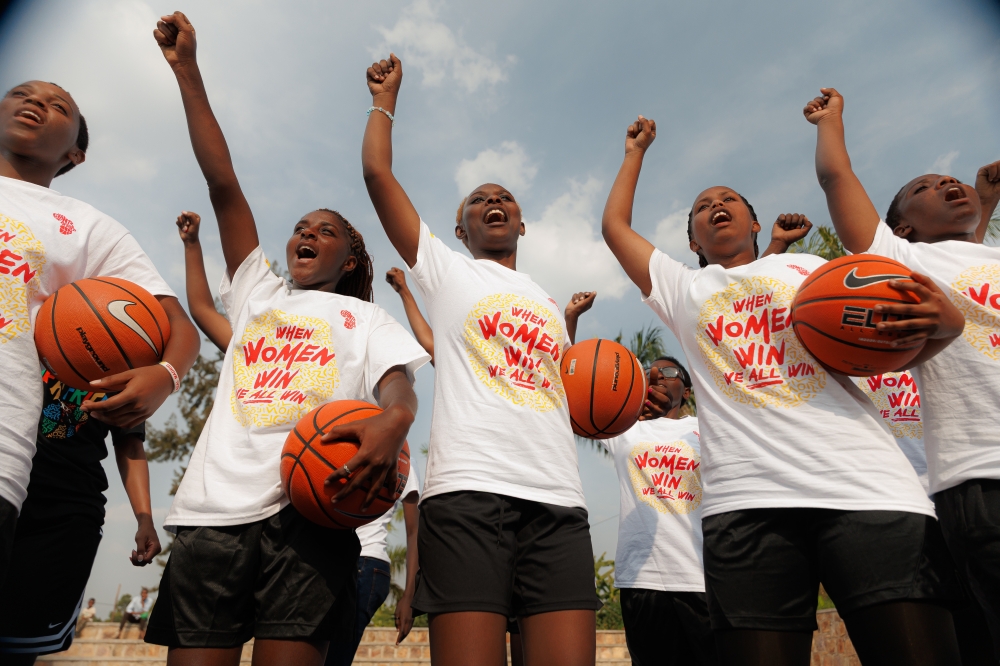The scenario of how the forthcoming general elections in Kenya may unfold is slowly taking shape. The Coalitions have been formed and are now settling their internal issues as they gear forward.


The scenario of how the forthcoming general elections in Kenya may unfold is slowly taking shape. The Coalitions have been formed and are now settling their internal issues as they gear forward. We also now know that the US and Europe Union will respect the will of the people, whoever their choice of president. Not that the US and EU opinion would have mattered. As things stood, the Uhuru-Ruto Coalition, despite the impending ICC trials (thus the concern of what the International Community "would do” in the event of their being elected), was bent on ploughing ahead by insisting on the sovereign right of the people to decide. With that settled, barring integrity cases in court on candidates Uhuru and Ruto over the ICC, observers are now keen to see how the Kenyans will vote. Some will be watching with more than a keen interest on how the tribal arithmetic will play out.The "tribal watchers” will do well to draw their attention to recent research: first, on the possibility that voting patterns are genetic; and, second, the motivations and what the actual numbers are of those who vote "tribally”. One scholar offers a persuasive take in his PhD dissertation titled, Voting, Fraud, and Violence: Political Accountability in African Elections, which looked at the 2007 elections in Kenya and crunched in the numbers.According to the dissertation over 20 percent of the Kenyan electorate voted purely on ethnic basis. Over 70 percent voted "with an eye towards performance.”Performance here meaning the delivery of public services, such as security, roads, schools, and jobs, which are tangible in transforming people’s lives. Thus, "contrary to standard accounts, Kenyans supported well-performing candidates who provided needed political and economic reforms, regardless of their ethnicity.”With 42 tribes to consider in Kenya, their consisting of 20 percent of "purely ethnic” voters is an unimpressive minority to have made a major difference in the elections. The question therefore is, why did they vote as they did?Along with favoritism in the distribution of patronage and goods, the thesis findings suggest the prime motivation for ethnic voters arises from fear, or the perceived loss of individual security that results from the election of ethnic outsiders.This is where genetics come in, drawing from genopolitics, a field of study that is gaining some wide attention looking at how political views could be influenced by our genes.Told in a BBC analysis based on an American study, it suggests that the position people occupy on a scale from liberal to conservative is heritable; meaning that genetic information can be drawn upon to reliably predict political opinions. A conservative generally doesn’t like change and, in the US setting, believes in traditional American values and a strong national defense. A liberal is generally more open minded and their opinions often opposite those of a conservative. The link between genetics and the liberal-conservative scale suggests something fundamental being influenced by genes. This could be brain systems controlling our emotional responses, in turn influencing political beliefs. According to the study, "American volunteers who started to sweat most when they heard a sudden noise were also more likely to support capital punishment and the Iraq War. This implies that people whose basic emotional responses to threats are more pronounced end up developing a constellation of more right-wing [conservative] political opinions.” A similar study on brain structure in Britain suggested the same.While the study is yet to be conducted in Africa, herein lies the possibility: that perhaps genopolitics could offer an explanation, given the fears that may drive ethnic voting in Kenya. Twitter: @gituram




